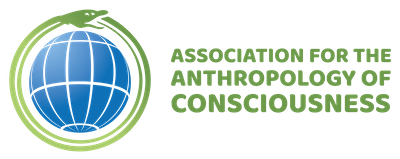Donald Patrick Moss (Saybrook University)
The concept of life as a journey dates back at least to Dante’s Divine Comedy, in which the protagonist becomes lost in a dark wood at mid-life, and struggles with the help of Beatrice to re-discover his path. Cognitive psychology has attempted to explain the life-journey, using constructs such as expectancy, attribution, and life-schema. From the standpoint of the lived experience of journeying, these constructs are inadequate. They lack a sense of the emotion and passion of facing adversity, a sense of the dark shadow of life, a sense of the transcendent present in many re-awakenings, and a sense of the neurophysiological alarm state that accompanies trauma. Campbell (1972, 1988), and Hillman (1975) have proposed the concepts of story, personal myth and personal mythology as a fundamental framework for approaching the totality of human life. Krippner and Feinstein (2008) proposed personal mythology as a paradigm for a transpersonal psychotherapy. Study of mind-body techniques shows that transforming the state of consciousness can also facilitate the power of personal mythology for healing and transformation. Krippner (1993) narrated a number of the hypnosis-like practices of indigenous healers, including West African shamanic practices and native American healers , showing that the hypnotic-like practices both convey expectancies shaping the experience, and facilitate altered states of consciousness enabling the experience. Others have shown the power of hypnosis, mindfulness meditation, and shamanic practices to enable a greater awareness of personal story or myth, and a greater openness to transformations in personal myths. [Originally Published in the AAA 2013 Conference Program]
